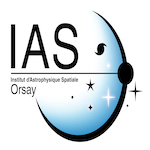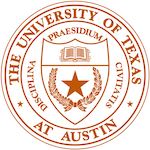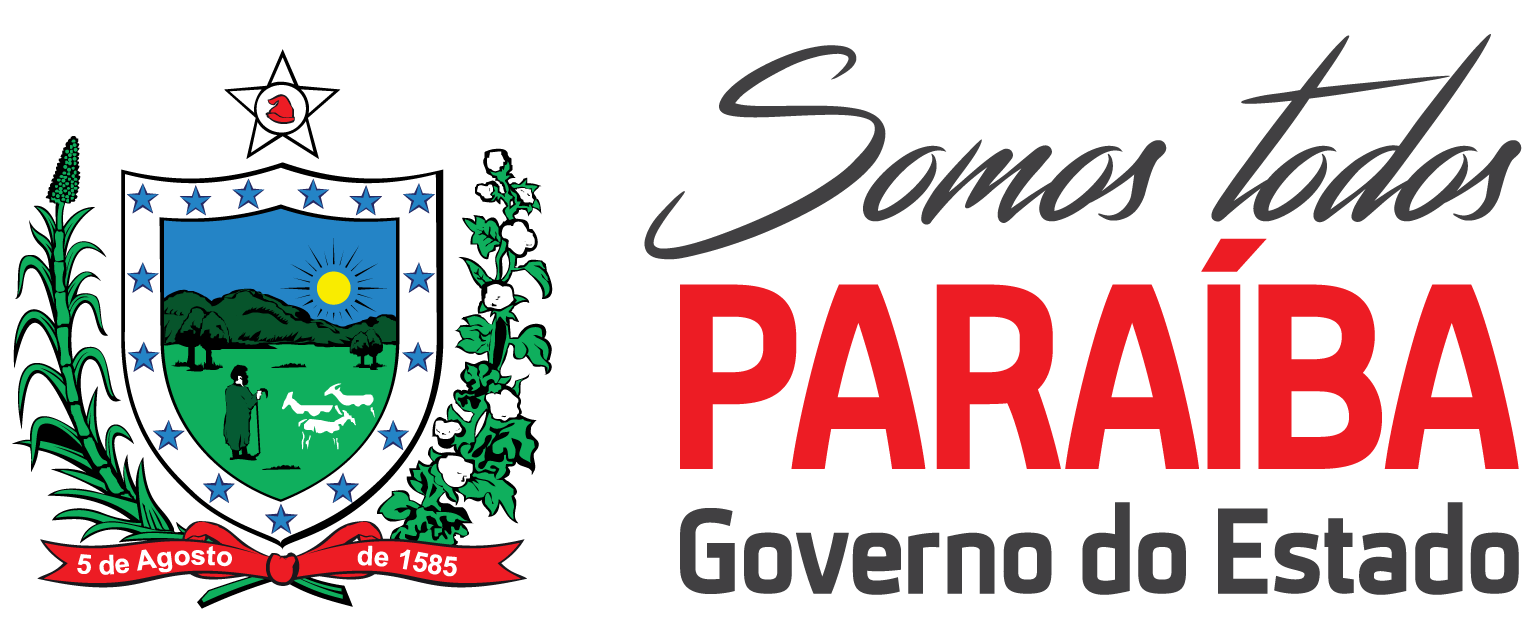Mission
Understand the Dark Sector
of the Universe
Mission One
Map Baryon acoustic oscillations (BAO) in the emission of neutral hydrogen.
Mission Two
Develop instrumentation technology for observational cosmology and astrophysics.
Mission Three
study of FAST radio Bursts (FRBs) and periodic radio phenomena (Pulsars, rrat, etc).























